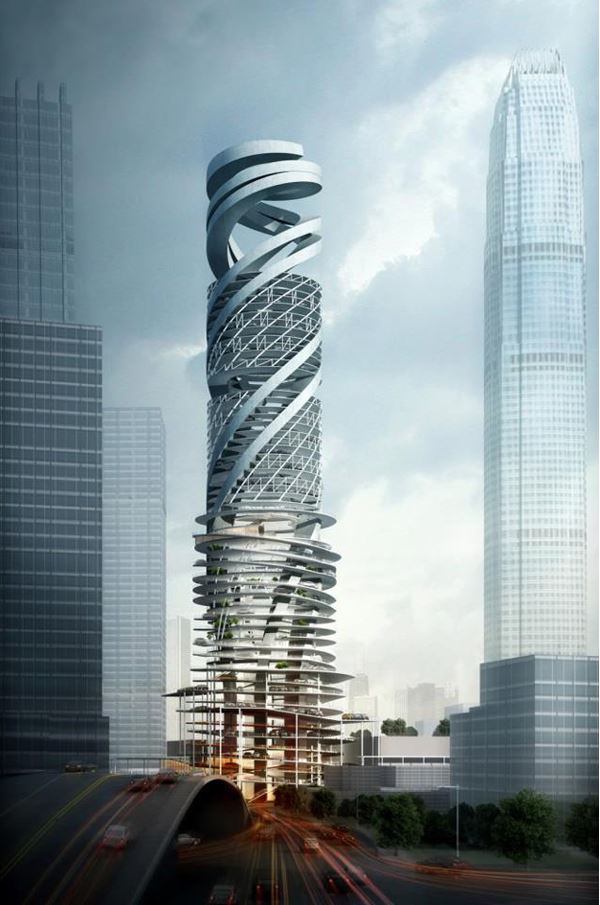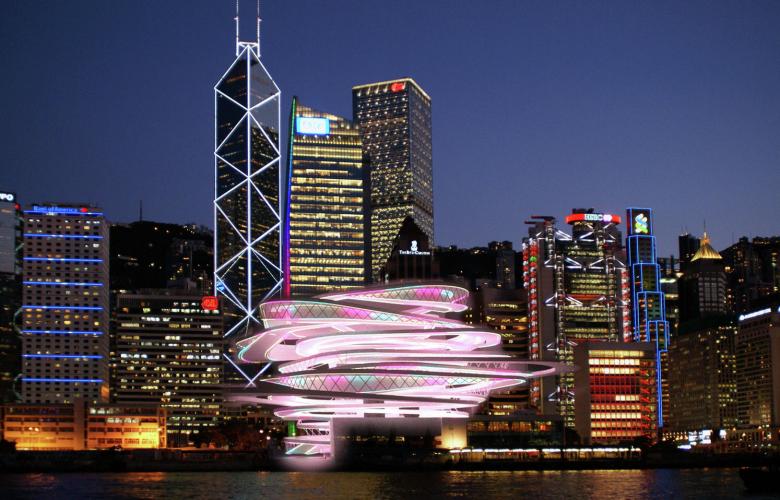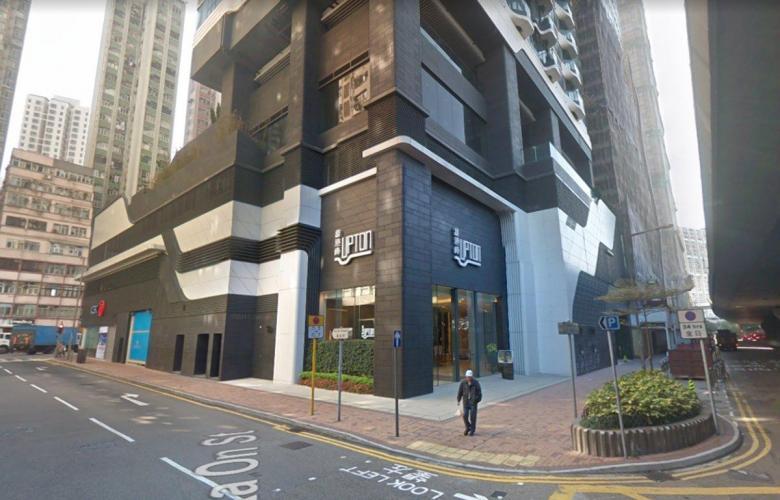Residential car parking space prices are expected to move in tandem with residential flat prices change, but car parking space shortage has provided the safety net against a slump in price in the near future.
In Hong Kong the price level of residential car parking spaces has moved in tandem with the residential properties price level. The average car parking spaces price per transaction rose for 204% from 2005 to 2015. The overall residential price according to the index produced by the Rating and Valuation Department (RVD) rose for 223% in the same period. Average price per car parking space transaction rose from about HK$397,000 in 2005 to HK$1,207,000 in 2015.
Residential prices are now in a declining trend - the Centa-City Index has recorded a 16-month low, at 11% from its peak in August 2015. Following the historical trend, it seems logical to expect car parking space prices would follow to decline. But the decline could likely be at a milder pace than that of residential properties.
As well known, the upsurge in residential price in these years had been fuelled by a shortage of housing supply and strong demand from buyers from local, mainland and overseas.
Similarly, car parking space price had also been supported by strong demand from investors – in particular shifting from domestic properties to non-domestic properties after the introduction of special stamp duty and buyer stamp duty in 2011, as well as from end users.
There had been more than 20 wholesale transactions of carpark in residential developments in 2014 and 2015, and some of them had been sold further on individual car parking space basis subsequently. Many of these sub-sales of car parking spaces were grounded on speculative demand.
Is this the worlds most expensive car park in Hong Kong?
Number of registered private cars has ever been increasing from 2003 to 2015. In 2015, the number of registered private cars has risen to more than 567,000. Private car per 1,000 population increased from 49.5 in 2003 to 71.2 in 2015. The number of private cars is closely tied to the wealth effect. Besides, car ownership has grown as more people, especially from the younger generations, choose to own affordable valuables rather than following their parents who saved money for buying real estate properties.
On the other hand, shortage in car parking space provision has been evident and noted to be deteriorating. According to the Transport Department, there are about 683,000 parking spaces in the territory, of which 198,000 are for public use and 485,000 are designated for private use in commercial, residential and industrial premises. The total number is far lower than the total number of registered vehicles, excluding franchised buses, public light buses, special purpose vehicles and government vehicles, of 779,329 in 2015. There have been news reporting that drivers need to queue overnight for renting a space in public car park in Tsuen Wan. Illegal parking has worsened. It was reported that the number of prosecution for illegal parking reached 1 million in the first nine months of 2015.
The shortage in car parking space supply is attributable to a combination of factors.
In 2013 and 2014, two government public car parks, namely Tsuen Wan Transport Complex Car Park and Middle Road Multi-storey Car Park were closed, cutting over 1,500 car parking spaces. These two car parks are being turned into new commercial and residential developments.
The recent design winner from the Hong Kong Alternative Car Park Competition organised by the Architectural Competition Concours d'Architecture [AC - CA] is pictured below. Thoughtful and space saving designs like this one from China firm Mozhao Studio (CCDI) are needed to add more carpark supply to the market.

Mozhao Studios - Hong Kong Alternative Car Park Tower Competition winner
In the past few years, the government has squeezed every piece of government brownfield site in the land sale programme. A lot of these sites were previously leased for public carpark use under short term tenancies. Many of these accommodated commercial and goods vehicles besides private cars. As a result, commercial cars have also been in competition with private cars for parking spaces.
Moreover, the Government has initiated the reduction in private car parking space provisions upon building redevelopment.
The floor area exemption policy in relation to car park was changed in April 2011. Following the change, car parking spaces need to be placed below ground level in order to get full exemption from gross floor area calculation. Construction of basement would prolong the development period and increase the development costs. In redevelopment cases where there are no requirements in the land lease to build car parking spaces, developers may opt not to provide the spaces in the new developments.
The Planning Department has tightened the parking provisions for private housing in the Hong Kong Planning Standards and Guidelines since February 2014. As a result, the shortage situation becomes even worse in the urban areas where old buildings were torn down and rebuilt.
Given the tight land resources and that priority is often being given to residential developments nowadays, an increase in car park provisions in the near future is improbable. Not until there is some strong force to cause the number of vehicles in the territory to reduce significantly, car park rents would be sustained. The decline in private car parking space price, if any, is expected to be milder than general residential properties in the near future.
Sources: Dorothy Chow - JLL, Mozhao Studio
Similar to this:
Is this the worlds most expensive car park in Hong Kong?











